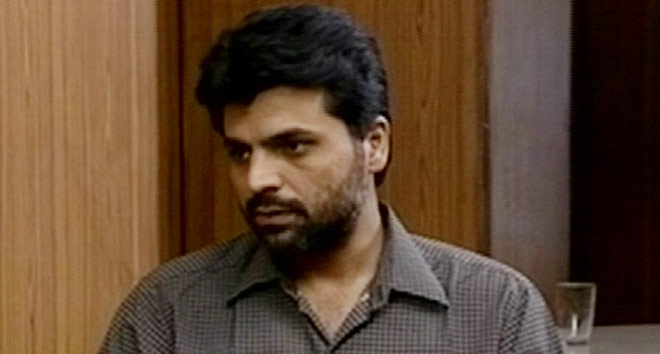The huge funeral procession of Yakub Memon and the expression of emotional attachment shown to him by the Muslims of India have bewildered many in India and outside. Memon was involved in the series of 13 bomb blasts that killed nearly 350 people in Bombay on 12 March 1993. The reason Memon was accorded a hero’s funeral by the Muslims is simple: these bomb blasts were in retaliation to the Saffron terror perpetrated against innocent Muslims when they showed resented over the demolition of Babri Masjid in Ayodhya. This show of power was a shut-up call to the Sangh Parivar, a group of Hindu nationalist organizations responsible for a number of anti-Muslim riots in India. During December 1992 and January 1993, there were communal riots in Bombay that cost more than 900 lives. The Government of Maharashtra appointed a one-member Justice B.N. Srikrishna Commission of Inquiry to investigate into the causes of the Bombay riots. The Commission got suspended for a few months by the Shiv Sena-led provincial government in 1996 but was reconstituted under public pressure with extended terms of reference to include Bombay blasts.

In his Report, Justice Srikrishna stated: “One common link between the riots of December 1992 and January 1993 and bomb blasts of 12th March appears to be that the former appear to have been a causative factor for the latter. There does appear to be a cause and effect relationship between the two riots and the serial bomb blasts.” Now commenting on the execution of Yakub Memon in an email interview, Justice Srikrishna has said, “Justice according to law has been done”, but added: “It is distressing that instead of being looked at as incidents of crimes, the two sets of acts [riots and blasts] got dealt with disparately depending on the communal inclinations of the state apparatus.” Justice Srikrishna added: “While no one could have objected to the zeal with which the police prosecuted the bomb blast cases, one wishes that the same zeal had been shown in investigation and prosecution of the riot cases. Both are crimes and what is desirable is that state machinery be agnostic to communal and religious factors on both occasions.” One thing is very much clear. India of Gandhi and Nehru, the leaders who repeatedly assured the Muslims that India would be secular and non-communal in character, has become a hostage to Hindutva agenda of the Sangh Parivar. India’s Muslim minority is living under siege. There was no justification for what the Memon Brothers and their accomplices did to avenge the Muslim blood, but the hero’s funeral accorded to Yakub Memon shows that the Indian Muslims do not expect justice from the state dominated by the Saffron terrorists. The wounds of Bombay and Gujrat riots have not healed. To conclude with Justice Srikrishna’s remarks: “As long as the inherent state bias is not removed, there would be no change in the situation.”